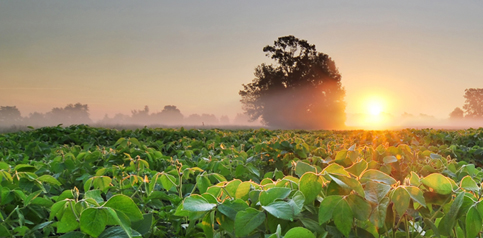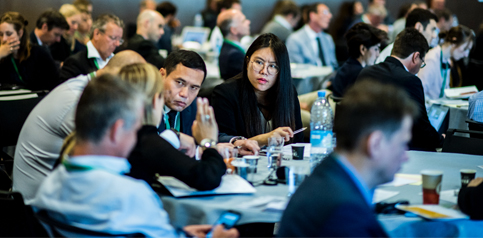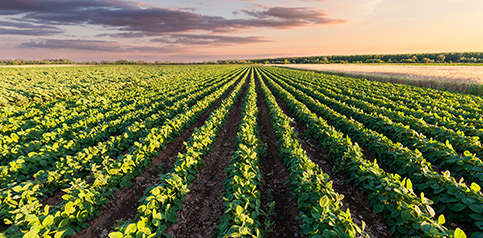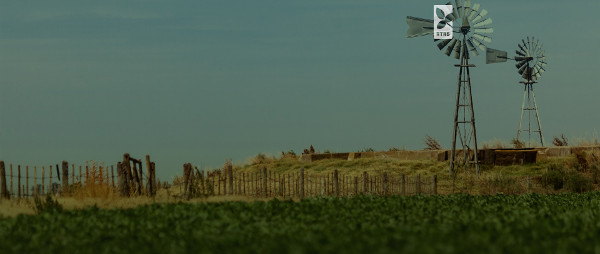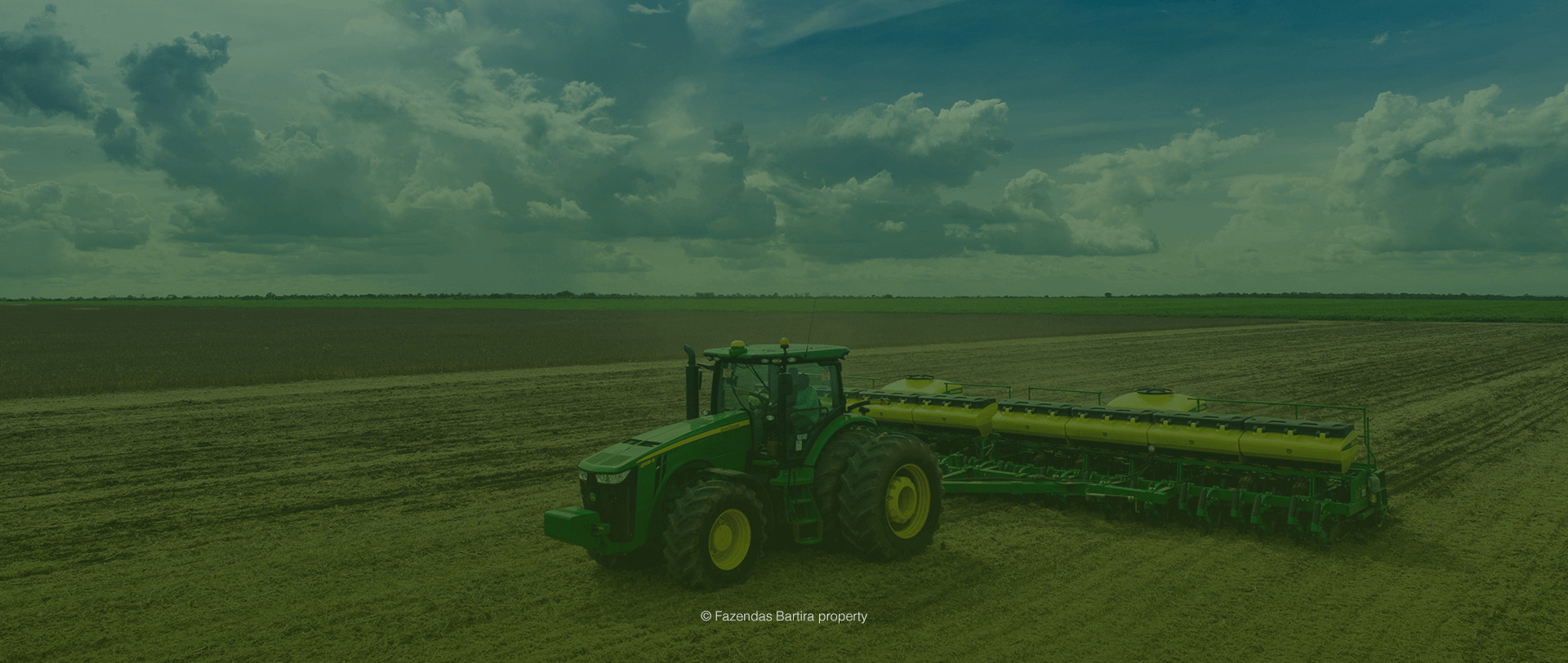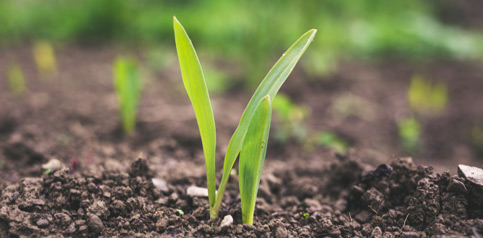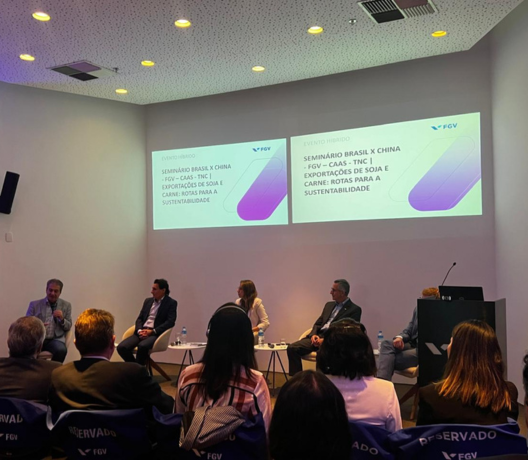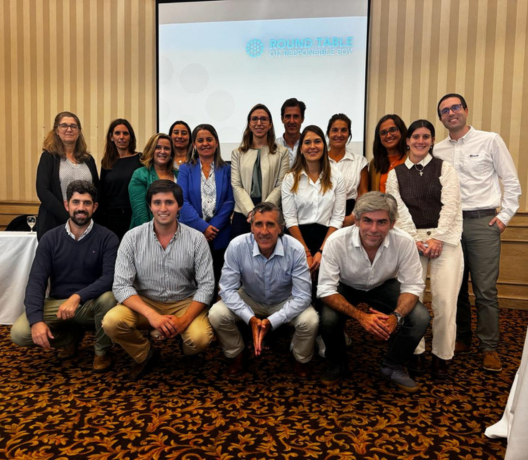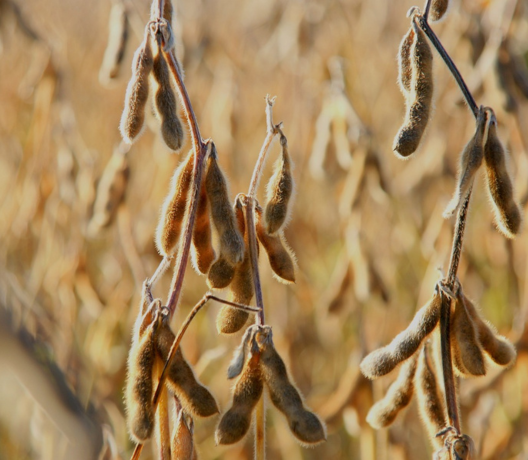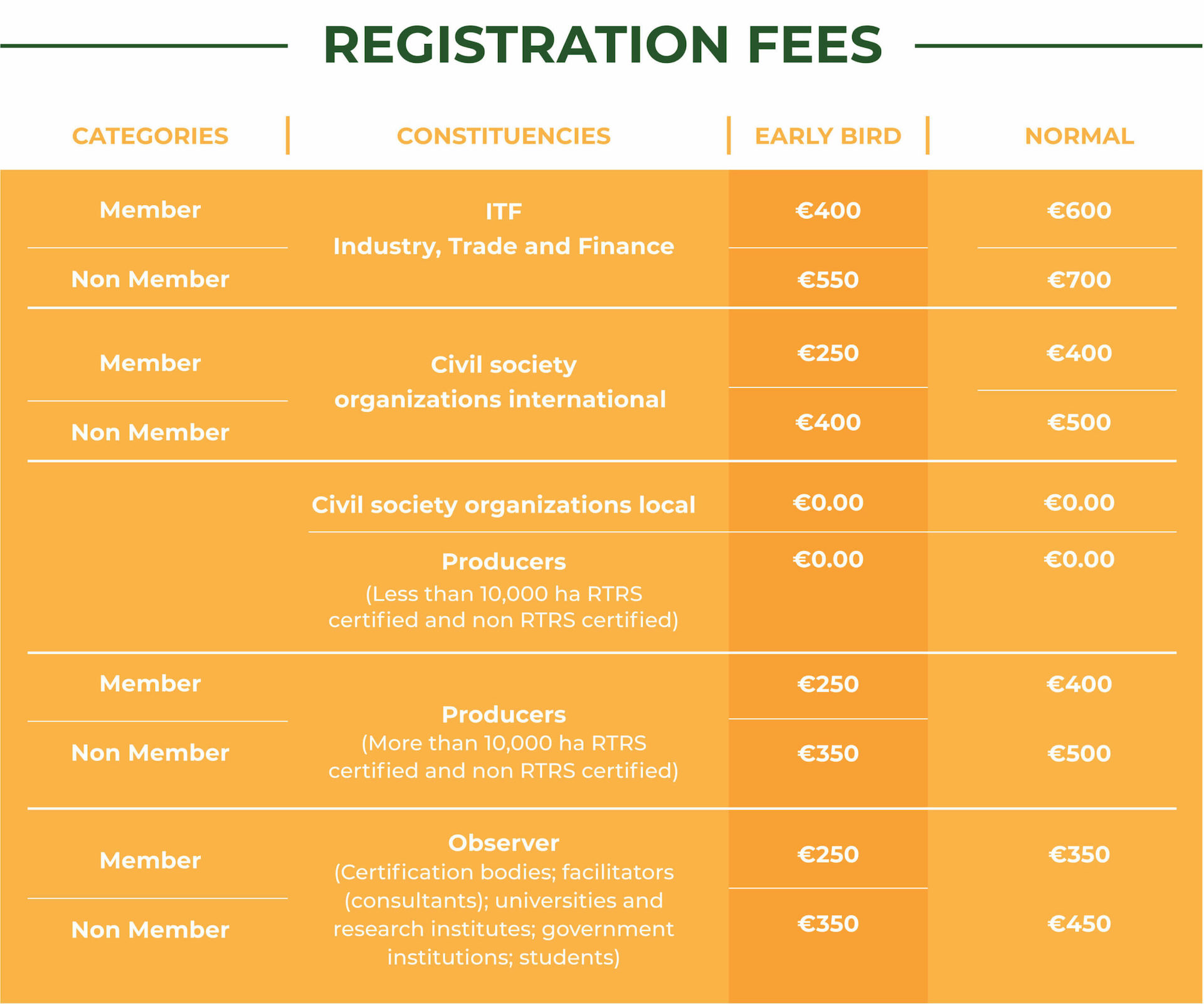First RTRS Task Force in Uruguay: Consolidation of Dialogue and Adaptation of the Standard for Responsible Soy Production
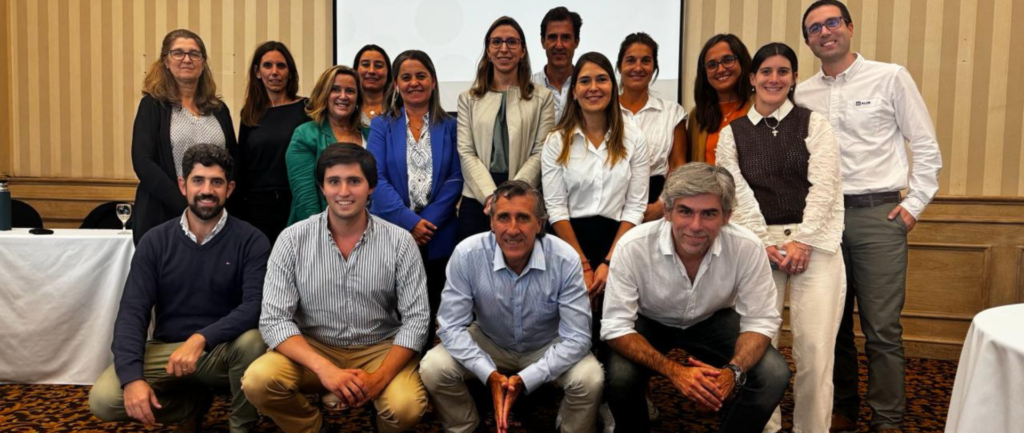

The Round Table on Responsible Soy (RTRS) held its first Task Force in Uruguay. The event, held on April 10th in Montevideo, brought together 15 stakeholders from the soy value chain, including agricultural producers, food industries, NGOs, certification bodies, and government representatives. The objective was to establish collaborative dialogue and adapt the RTRS Standard for Responsible Soy Production V.4.0 to Uruguay’s specific reality and legislation.
Throughout the day, various relevant topics were addressed, ranging from RTRS’s role as a global multi-sector platform to the evolution of certification and the adoption of certified RTRS material both globally and locally. Additionally, local and global RTRS projects and initiatives were presented, with a focus on sustainable growth in production, trade, and the use of responsible soy.
“The participants showed great interest and knowledge, fostering an environment conducive to networking and constructive, multi-sectoral dialogue. The Task Force was a significant step in the process of developing the national interpretation of the Standard for Uruguay, and we hope it will further drive the growth and dissemination of RTRS actions in the country,” commented Luiza Bruscato, RTRS Global Executive Director.
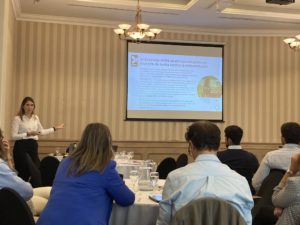

Experiences of certified producers in Uruguay
TRS certification provides Uruguayan producers with the opportunity to differentiate themselves in the global market, contributing to environmental conservation and promoting sustainable agricultural practices. Companies such as Agropecuaria del Litoral S.A., Dos Ceibos S.R.L, Gran Pedro S.A. (Salentein), and Pradoten S.A. (Granicor Agronegocios) are examples of establishments that have adopted this commitment in the country, all of which are audited by Bureau Veritas.
Tomas Ciceri, an agronomist at Pradoten, and Adriana Giaconi, a management advisor at Agropecuaria del Litoral (ADL), shared their experiences highlighting the benefits of certification in terms of internal management, commercial relationships, and environmental impact. Both establishments certify soy and maize and have managed to sell soy credits.


Giaconi emphasized that “certification not only organizes internal management of companies but also improves relations with society and workers, generating new business opportunities through the marketing of credits in the market.” She also highlighted that in Uruguay, “good agricultural practices are already ingrained in the culture of working the land, which facilitates the transition to RTRS certification.”


Ciceri highlighted the environmental achievements attained with certification and the importance of continuous improvement in sustainability indicators: “We have reduced the use of red-band products to 0 and increased the use of green and blue-band products. Additionally, we were already implementing cover crops. Where we do notice a difference is in the commercial aspect, as we now perceive a premium in the payment for credits from the sale of our certified soy.”
“For our company, sustainability and responsibility for good agricultural practices are very important, which is why we constantly work to improve our indicators. We are convinced that national agricultural production must continue along this path, reinforcing professional working practices and focusing joint efforts on preserving natural resources,” emphasized the agronomist.
“Our message to producers is to encourage them to enter soy certification without fear, supported by the experience and knowledge already acquired by colleagues, advisors, and responsible organizations, because great results can indeed be achieved. And we firmly believe that markets will move in that direction, differentiating sustainably produced products. Fortunately, we are already one step ahead, prepared for when that happens,” concluded Giaconi.




Access the photo album of the event here.


